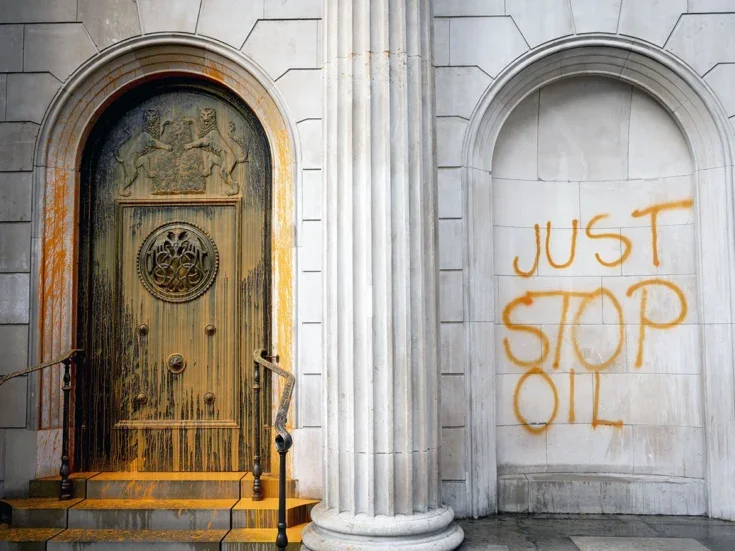At a time when the weaknesses of mainstream finance have never been more exposed, Islamic finance offers a thoughtful alternative. Islamic prohibitions on the charging of interest are not coincidental both Christian and Jewish scriptures contain similar provisions and the emphasis instead on profit-sharing structures is intended to offer a fairer system.
ISLAMIC BANKING ONLY makes up one per cent of mainstream finance, but it takes up more than its fair share of newspaper column inches. Perhaps this shouldn’t be surprising since the industry has considerable growth potential: high oil prices and a post-Arab Spring resurgence of political Islam in North Africa will help swell balance sheets, and Islamic banks in the UK report increasing interest from non-Muslims in their services too.
But more importantly, at a time when the weaknesses of mainstream finance have never been more exposed, Islamic finance offers a thoughtful alternative. Islamic prohibitions on the charging of interest are not coincidental — both Christian and Jewish scriptures contain similar provisions — and the emphasis instead on profit-sharing structures is intended to offer a fairer system.
Although many industry players have focused their efforts on winning over customers already using mainstream banking services, if the Islamic finance industry shifts its focus to the millions of Muslims who through choice or circumstance have never used a bank, it could be truly transformative. Islamic microfinance has the potential to lift the young, disaffected poor out of poverty and promote entrepreneurship in stagnant rentier states.
While Islamic prohibitions on complex derivatives or excessive risk-taking may have seemed unadventurous and fusty in Wall Street’s heyday, there must be plenty of chastened bankers wishing they had considered that shariah lesson. Of course Islamic defaults do still happen, and they can be very messy, but then no investment is risk-free.
That said, as Sophie McBain reports, the Islamic banking industry is beset by serious structural and regulatory problems. With financial heavyweights like Goldman Sachs trying (but not yet succeeding) to get in on the game, the Islamic finance industry has reached a critical juncture. Either it confronts its irregularities and expands, or it will be forced to retreat.
Spear’s hopes the Islamic finance industry resolves to reform, because of its potential to bring millions of Muslims into banking for the first time, because of its back-to-basics and human-centred approach to finance, and because, almost four years on from the start of the financial crisis, we would all benefit from a broadening of the global debate.






